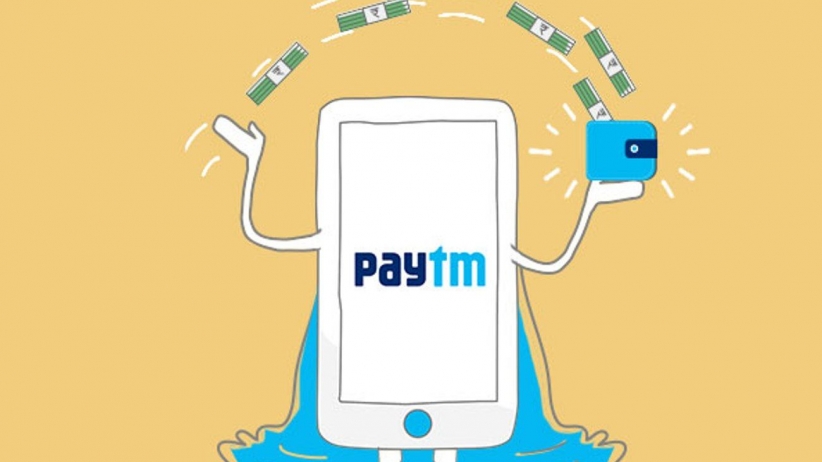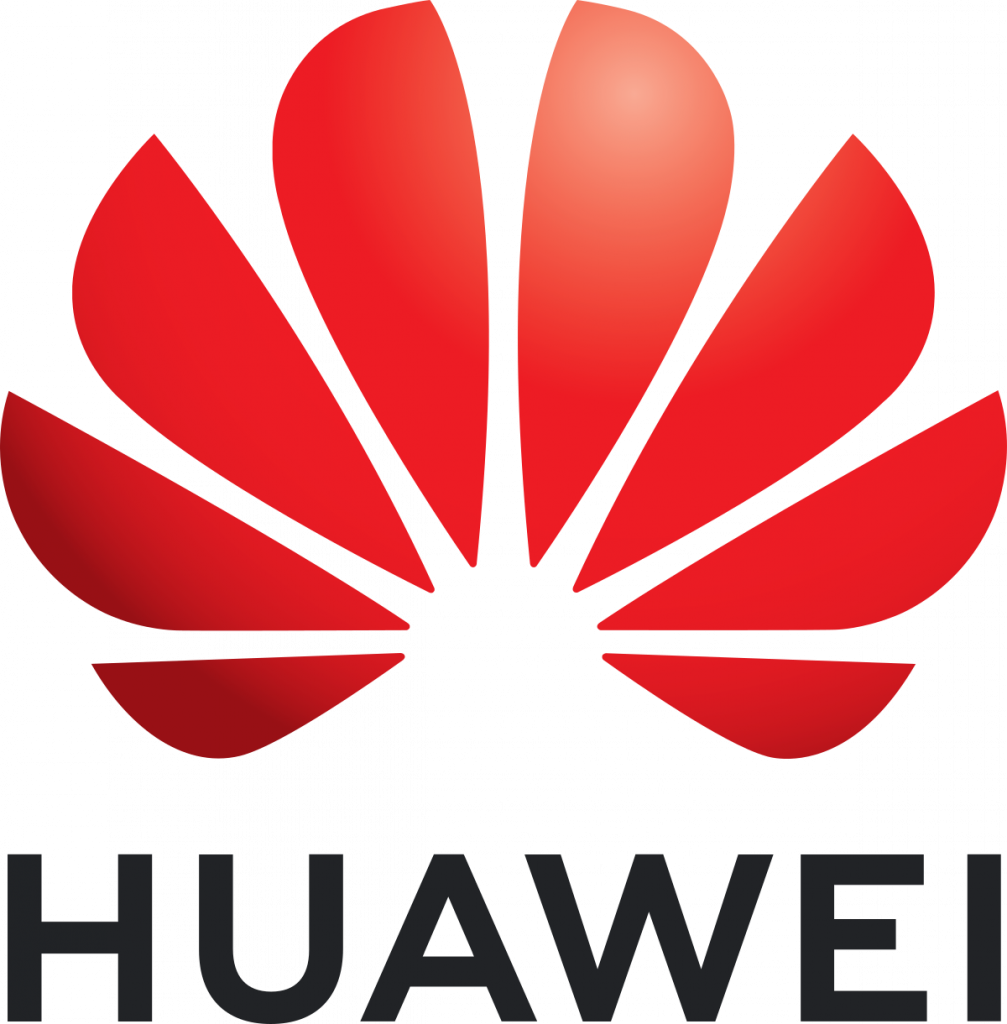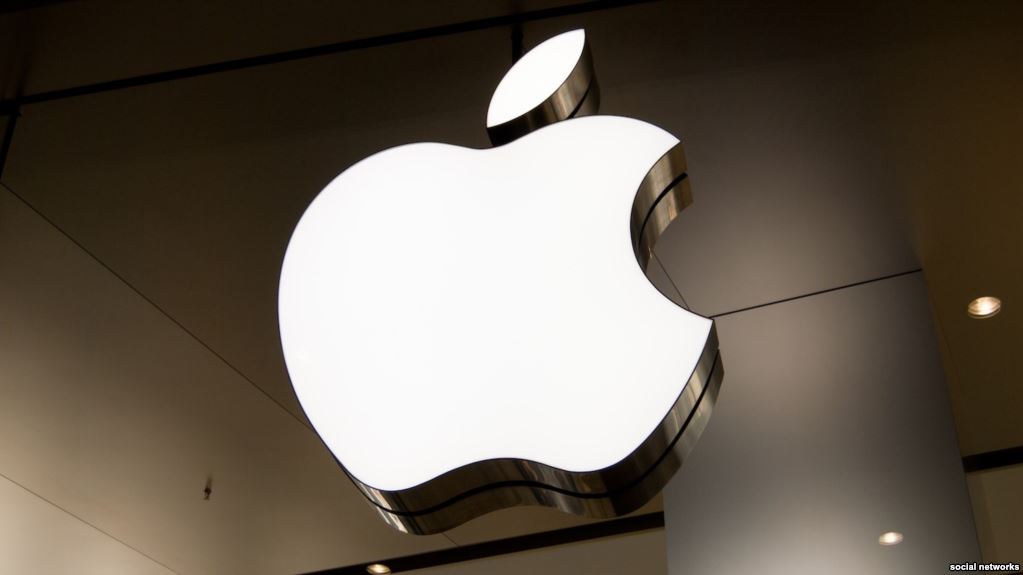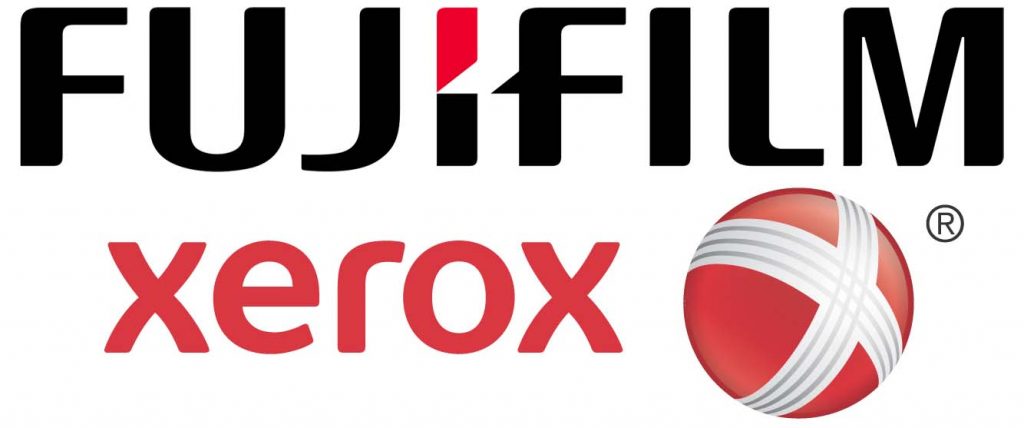News
Major Controversies In The Startup World In 2018

At a time when fake news is considered to be real news and when people are pointing out flaws in every aspect, it comes as no surprise that controversies and scam haven’t spared even the startup world! While this year saw major acquisitions and mishaps, it also saw controversies of a different kind. Here’s our yearly wrap up of what happened in the controversial world of 2018!
1. Everything about the Walmart and Flipkart deal
Even before the Walmart takeover, Flipkart was already doing really well. From securing $ 5 billion through multiple investments in 2017, to doing really well in different investment series in a given time, Flipkart’s market position was quite strong at the time. While Sachin Bansal stepping down as CEO was written in the cards from the very beginning, Binny Bansal’s exit came as a result of an issue which took place over 2 years. Binny Bansal, the ex CEO of Flipkart, was being blackmailed by a co worker he was involved with and the only way he saw fit to resolve the problem was by stepping away from the company. To make matters interesting, prior to the takeover by Walmart, the Flipkart CEOs were also accused of evading tax!

2. The Paytm Data Leak Controversy
Ranked number two on the list of the most successful startups in India, Paytm has been embroiled in its fair share of controversies. Primarily formed as a digital payments company, Paytm grew by 10 times since the day it was founded to where it is today. However, despite being one of the first Indian startups to secure an investment from Berkshire Hathaway, Paytm stayed on the headlines for being involved in multiple controversies. The first major issue was Vijay Shekhar Sharma admitting on video he had shared data with the Prime Minister of India without obtaining consent from the users. While this issue cleared in due time, another one promptly popped up. Paytm again hit the headlines because of the data extortion case levied against the Vice President of Corporate Communications, Paytm, Sonia Dhawan, her husband Roopak Jain, another Paytm employee, Devendra Kumar and his friend, Rohit Chomal. The four of them were accused of creating a plan to extort $1.4 million from Vijay, threatening to release the “personal data” in public otherwise. A typical case of jumping from the frying pan into the fire, right? Three of the four accused are still in jail and are waiting for their case to be heard.

3. The Huawei controversy
Over the last few years, Huawei has been trying to expand all over the United States. However, in the beginning of 2018, a lot of almost sure deals started falling through, citing international political concerns as a major issue. Initially expected to sign major deals with major telecommunication companies like Verizon, Wireless and AT&T, the deals fell through without a warning of any kind. The reasons are attributed to Huawei’s alleged ties with the Chinese Government, which a lot of people saw as a threat, especially in the United States.

4. The Apple affair
Despite being all about introducing a series of new phones in this last year, Apple was involved in quite a heated controversy. Recently, Apple was in the headlines not for the phones released by the company, but for the fact that Apple was accused of “throttling.” Simply defined, throttling is defined as a process wherein the makers slow down the performance of older iPhones to save the phones’ battery life. Although Apple CEO Tim Cook came forward with a public statement saying they should have been more forward and transparent about the practice, the response was considered to be less than satisfactory. Furthermore, one of the major reasons throttling was a concern was the indirect push it gave people to constantly upgrade to new iPhones. The status of this issue now is, two federal agencies, the U.S. Department of Justice and the U.S. Securities and Exchange Services, are investing the case.

5. The Xerox and Fujifilm Holdings deal
Early in the year (on January 31, 2018, to be precise,) Xerox agreed to enter a merger with Fujifilm Holdings wherein Fujifilm would have a major stake in Xerox. Furthermore, the deal was expected to touch the $ 18 billion mark in the printer industry. However, the deal quickly turned sour with all the fights and quarrels that took place over the deal. Finally, after a long drawn out battle, the reinstated board of Xerox backed off from the deal. Now, Fujifilm is filing a lawsuit of $ 1 billion against Xerox, saying they were facing major damages with regards to the breach of contract!

The year 2018 certainly was interesting, especially when related to all the controversies in the startup world. If you think we missed out on any other issues such as these, comment and let us know!
Funding
Dazzl Raises $3.2M Seed Funding Led by OYO’s Ritesh Agarwal for AI Skincare Expansion

Bengaluru, January 13, 2026 Dazzl, the D2C beauty startup revolutionizing AI personalized skincare India, secured $3.2 million in seed funding led by OYO founder Ritesh Agarwal’s venture arm. Co-investors include Snapdeal’s Rohit Bansal and Fireside Ventures, valuing Dazzl at $15 million post-money. Founded in 2024 by IIT alumni Priya Singh and Arjun Mehta, the app uses smartphone scans for custom serums, boasting 50,000+ users and ₹5 crore ARR amid India’s $25 billion beauty market surge.
Ritesh Agarwal praised Dazzl’s tech: “Personalization is beauty’s future, like OYO’s guest model.” Funds target R&D for 100+ skin profiles, Gujarat manufacturing under PLI, Instagram/Nykaa campaigns, and 50 hires. In a 20% YoY growing sector (Redseer 2025), Dazzl edges Mamaearth and Plum with 95% AI precision, 90% natural formulas, ₹499 kits, 65% retention (vs. 40% avg), and viral TikTok traction in 10 cities.
D2C beauty startup Dazzl tackles regulations via FSSAI compliance, eyeing $10B e-commerce beauty by 2028 and MENA exports. Q2 haircare launches and Series A loom, with Agarwal’s backing signaling unicorn potential for sustainable beauty products India. Dazzl blends AI with clean beauty for 500M+ consumers.
News
Google Launches Startup Hub in Hyderabad to Boost India’s Innovation Ecosystem

Google has launched the Google Startup Hub Hyderabad, a major step in strengthening India’s dynamic startup ecosystem. This new initiative aims to empower entrepreneurs, innovators, and developers by giving them access to Google’s global expertise, mentoring programs, and advanced cloud technology. The hub reflects Google’s mission to fuel India’s digital transformation and promote innovation through the Google for Startups program.
Located in the heart of one of India’s top tech cities, the Google Startup Hub in Hyderabad will host mentorship sessions, training workshops, and networking events designed for early-stage startups. Founders will receive Google Cloud credits, expert guidance in AI, product development, and business scaling, and opportunities to collaborate with Google’s global mentors and investors. This ecosystem aims to help Indian startups grow faster and compete globally.
With Hyderabad already home to tech giants like Google, Microsoft, and Amazon, the launch of the Google Startup Hub Hyderabad further cements the city’s position as a leading innovation and technology hub in India. Backed by a strong talent pool and robust infrastructure, this hub is set to become a growth engine for next-generation startups, driving innovation from India to global markets.
News
BMW’s New Logo Debuts Subtly on the All-Electric iX3: A Modern Evolution

BMW quietly debuted its new logo on the all-electric iX3, marking a significant yet understated shift in the brand’s design direction for 2025. The updated emblem retains the classic roundel and Bavarian blue-and-white colors, but sharp-eyed enthusiasts noticed subtle refinements: the inner chrome ring has been removed, dividing lines between blue and white are gone, and the logo now features a contemporary satin matte black background with slimmer “BMW” lettering. These enhancements showcase BMW’s embrace of modern minimalism while reinforcing their commitment to premium aesthetics and the innovative Neue Klasse philosophy for future electric vehicles.
Unlike rival automakers that reveal dramatic logo changes, BMW’s refresh is evolutionary and respectful of tradition. The new badge ditches decorative chrome and blue borders associated with earlier electric models, resulting in a flatter, more digital-friendly design that mirrors recent branding seen in BMW’s digital communications. Appearing first on the iX3’s nose, steering wheel, and hub caps, this updated identity will gradually be adopted across all BMW models—both electric and combustion—signaling a unified brand language for years to come.
BMW’s strategic logo update represents more than just aesthetic reinvention—it underscores the brand’s dedication to future-ready mobility, design continuity, and a premium EV experience. As the new roundel begins rolling out on upcoming BMW vehicles, it stands as a testament to the automaker’s depth of detail and thoughtful evolution, offering subtle distinction for keen observers and affirming BMW’s iconic status in the ever-changing automotive landscape.















MM88
November 6, 2025 at 7:05 pm
Với giao diện mượt mà và ưu đãi hấp dẫn, MM88 là lựa chọn lý tưởng cho các tín đồ giải trí trực tuyến.
MM88
November 7, 2025 at 2:09 pm
Khám phá thế giới giải trí trực tuyến đỉnh cao tại MM88, nơi mang đến những trải nghiệm cá cược thể thao và casino sống động.
谷歌站群
November 8, 2025 at 10:30 pm
专业构建与管理谷歌站群网络,助力品牌实现全域流量的强势增长。谷歌站群
ios超级签
November 12, 2025 at 12:47 pm
苹果签名,苹果超级签平台,ios超级签平台ios超级签苹果企业签,苹果超级签,稳定超级签名
iwin
November 18, 2025 at 9:05 am
iwin – nền tảng game bài đổi thưởng uy tín, nơi bạn có thể thử vận may và tận hưởng nhiều tựa game hấp
Kuwin
November 19, 2025 at 11:52 am
kuwin sở hữu kho game đa dạng từ slot đến trò chơi bài đổi thưởng, mang đến cho bạn những giây phút giải trí tuyệt vời.
J88
November 20, 2025 at 1:15 pm
Đến với J88, bạn sẽ được trải nghiệm dịch vụ cá cược chuyên nghiệp cùng hàng ngàn sự kiện khuyến mãi độc quyền.
GO88
November 21, 2025 at 8:24 am
Tham gia cộng đồng game thủ tại Go88 để trải nghiệm các trò chơi bài, poker phổ biến nhất hiện nay.